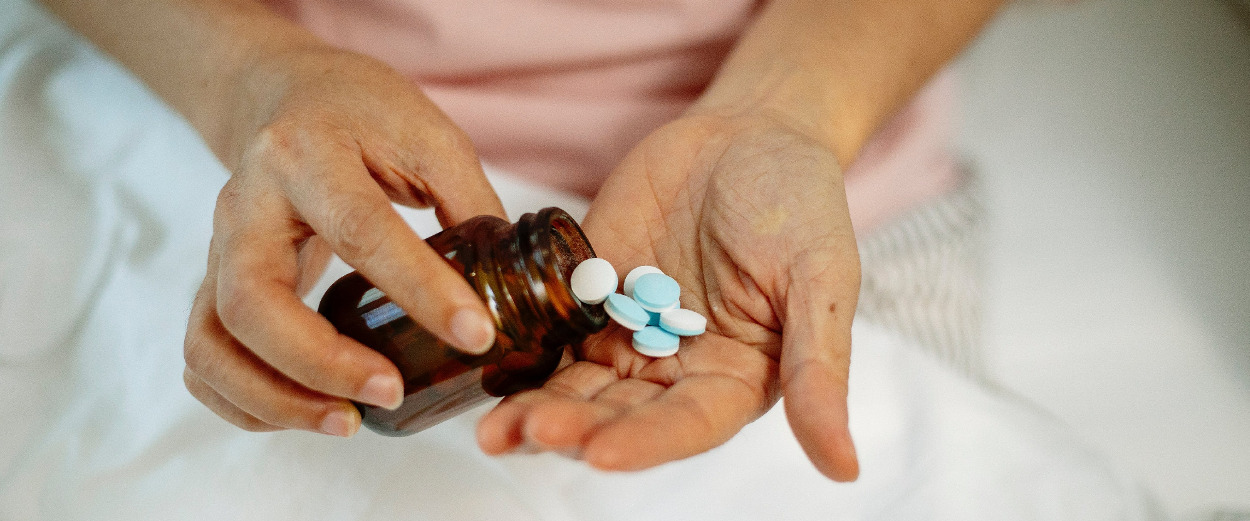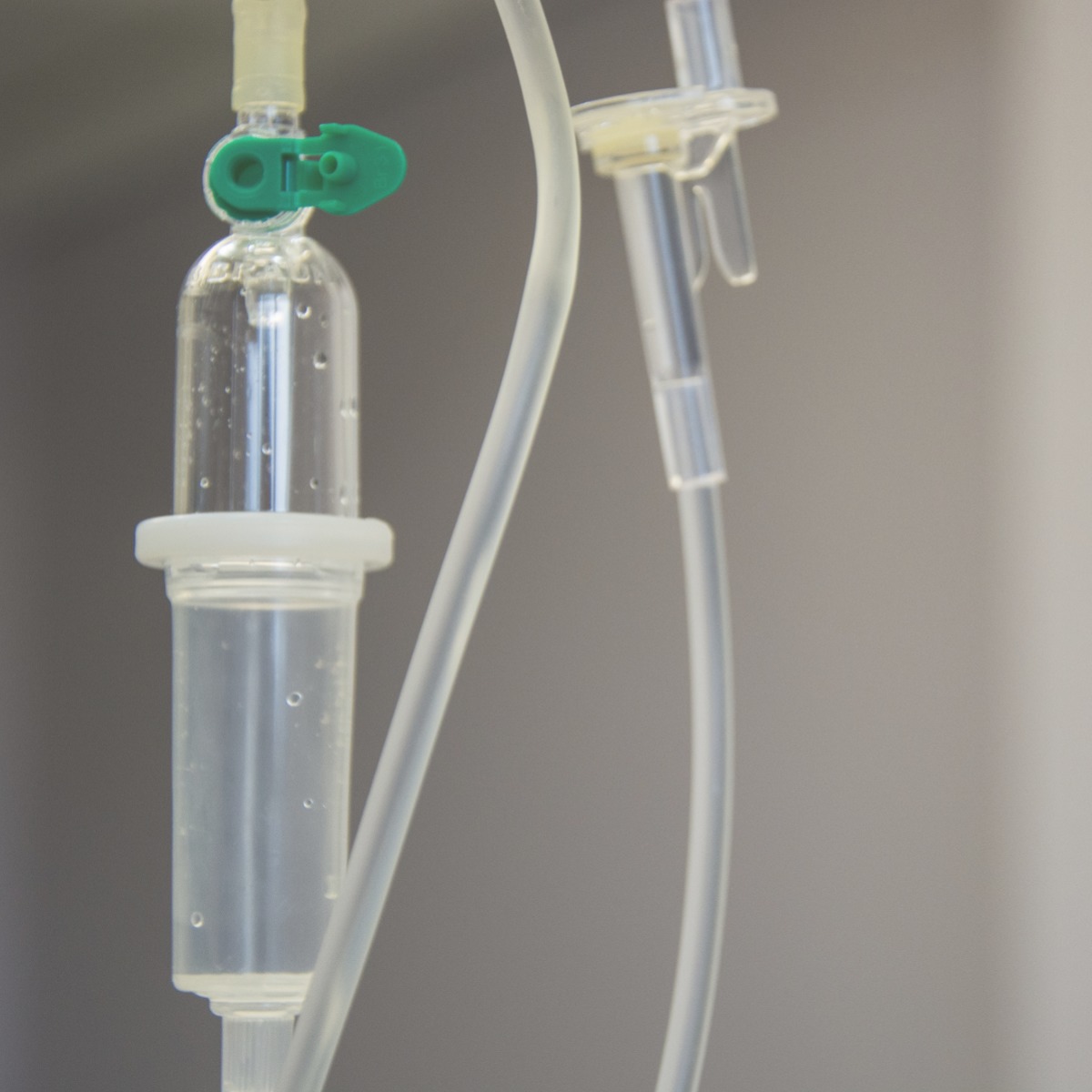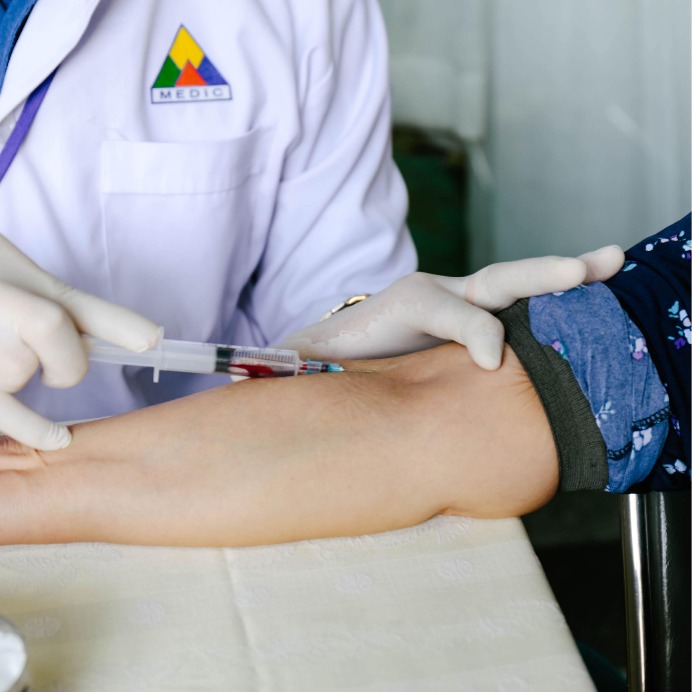A breast cancer diagnosis comes with so many questions and there never seems to be enough time at appointments to have some of these questions answered. To help address this, we developed a "Q&E: Questions and Experts" series. In this series, a variety of experts spend the entire virtual session answering pre-submitted and live questions from participants. Watching the videos on-demand might be a little difficult to get through. So, we’ve created this guide to help you get right to the questions and answers that matter the most to you.
In today’s post, we provide the questions that were sent in and asked during the live session of our Questions and Experts session held on October 3, 2023. In this session, Surgical Oncologist Dr. Mark Basik answers your questions about clinical trials. In the parentheses, you’ll find the timestamp of where to find the question in the on-demand video.
Clinical Trials (general)
- Can you give an overview of clinical trials and clinical studies? (4:39)
- Are clinical trials free? (11:14)
- Where do patients learn about clinical trials and where can they find information so that they can join? (13:03)
- Which practices are now done that have come out of clinical trials? (16:13)
- Should we be concerned that clinical trials and research is slowing down? (9:24)
How Clinical Trials Work
- How much time does it take from one's application or request to enroll in a clinical trial to actually starting treatment? (17:52)
- If I don't fall into the category with the drug that's being studied in a trial, what happens to me? (21:44)
- How easy is it to leave a trial if I no longer want to participate? (47:22)
- How do clinical trials observe the toxicity of chemotherapy? (57:51)
- How efficient are trials in understanding comorbidities and the drugs that people may already be on at the start of a clinical trial? (1:00:00)
- Do patients have any power to influence how quickly they may be accepted for participation in a clinical trial based on how fast their illness may progress? (31:28)
Accessing Clinical Trials
- Do patients have any power to influence how quickly they may be accepted for participation in a clinical trial based on how fast their illness may progress? (31:28)
- How do we access information about what clinical trials are available if we aren't currently being followed in a Cancer Center? (18:42)
- Can you get into a clinical trial when you are on your first line treatment or if you have to have had progression from first line instead of using standard of care treatment? (39:30)
- If I have low risk breast cancer, why should I go on a clinical trial if the standard of care is already good? (1:06:07)
After the Trial
- When does something go from being tested and the study finishes to it becoming the standard of care? (14:33)
- What happens if a trial is stopped or cancelled but the treatment was working for me? (50:19)
- When the trial ends, are participants told if they got the standard of care or the treatment being studied? (11:56)
- If a clinical trial is finished and the drug becomes standard of care or at least gets approved by Health Canada for reimbursement and sale, what happens financially to the patients who were on that trial between the time of approval and the reimbursement? (52:12)
- Is there a way that patients can find their results from trials they have participated in if nobody informs them afterwards? (1:07:33)
Clinical Trial Topics of Research
- What are some of the most promising breast cancer trials being done right now? (6:32)
- Are there any clinical trials to detect recurrence? Are there clinical trials for women with TNBC who have achieved PCR but want to take some something to prevent recurrence? (23:41)
- Are there any clinical trials for lipid biopsy such as Guardent CDX or Signatera? (29:07)
- Do you know of clinical trials that address treating lobular breast cancer by a lumpectomy versus a mastectomy? (33:12)
- Are there any clinical trials with endocrine therapy for HR-positive and HER2-low breast cancer? (35:12)
- Are there clinical trials about oophorectomies versus Goserelin injections with stage four breast cancer? (37:42)
- Are there any trials about prophylactic oophorectomies increasing the survival rate for some women? (38:41)
- Are there trials on managing the side effects of breast cancer treatments? (1:10:00)
- Are there any clinical trials on lymphedema due to cancer treatment? (1:11:58)
- Are there any clinical trials that have been done or currently being done on detecting breast cancer by mammogram versus MRI or ultrasound? (44:30)
- Are there trials for the direct injection of chemotherapy? (1:14:38)
- Is Keytruda being used for resistance for TNBC? (1:19:41)
- Will the CHARM study on circulating DNA blood tests eventually become a trial, or is it already a clinical trial? (1:18:22)
Miscellaneous
- Can you define early breast cancer? (8:58)
- Can you explain the difference between Oncotype DX testing versus BCRA1 and 2 testing? (26:36)
- Do you find that patients are uncertain of receiving less therapy such as radiation? (29:33)
- What is the common age range for lobular cancer development? (34:47)
- Is there an estimated percentage of what the recurrence rate is for patients who get surgery and radiation but not chemotherapy? (42:41)
- Why are surgical clips used and is there any risk from the clips? (43:41)
- Is there a way to get my tumor pathology? (1:18:01)









